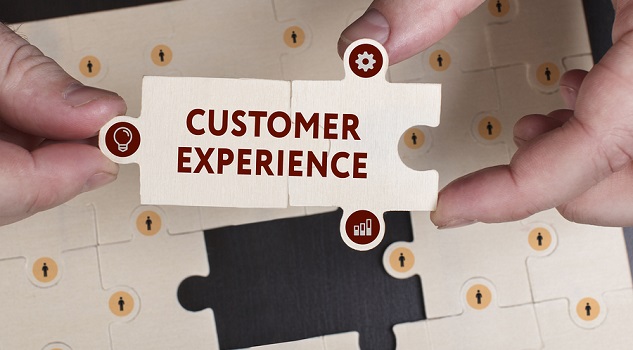A recent global study by leading technology provider MuleSoft found that out of the general consumer, 81 per cent thought that organisations provided a disconnected customer experience and 69 per cent would consider changing service provider due to the poor experience.
With industries, such as the superannuation, retail, and financial services sectors becoming increasingly commoditised and customers becoming more aware of what they get out of the organisations they interact with, brands are now looking at alternative ways to gain an advantage over their competitors and meet the requirements of their consumers.
An area that companies are now investing heavily in is customer experience (CX), which is the practice of focusing on the value that a brand can deliver beyond the transaction and consumption stage of the customer journey in order to increase perceived value and market differentiation.
The term CX is relatively new, however the practice has been around for many years, take for example creative and effective brands such as Coca-Cola, who have understood the value of being an “experience” as opposed to just a product, and as such have maintained mass market relevance for over 100 years. When consumers think of Coca-Cola, they don’t think of the product itself, but instead emotionally connect to the promised brand experience of “happiness”.
Creating truly outstanding CX begins with businesses understanding their customer’s psyche, which allows brands to pursue competitive differentiation strategies that can increase their market value and differentiation.
With the rise of technology that’s making it easier for challenger and niche brands to steal market share from market leaders, CX is now becoming even more important and companies are now seeing the benefit of moulding their offering to become more personalised experiences to suit individual customers.
Currently, the issue with customer experience design is that companies don’t spend enough time researching their customers and strategising their points of difference. They need to invest time in CX frameworks, which enable companies to achieve greater differentiation and perceived value in the marketplace. To do this, the strategies need to be grounded in customer data instead of personal opinion, and then applied in a systematic way in order to be both customer-centric and scalable.
CX is an important investment for companies big and small, and has benefits including positive financial impact and heightened brand loyalty, with scalable CX frameworks contributing to an increased customer lifetime value, increased customer loyalty and decreased customer acquisition costs.
Tom Uhlhorn, Founder and Strategy Director, Tiny CX











